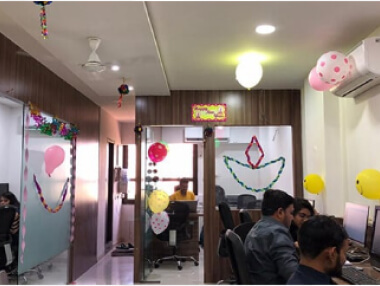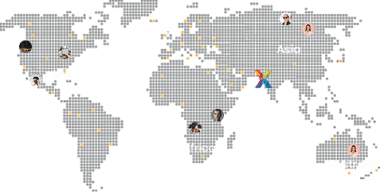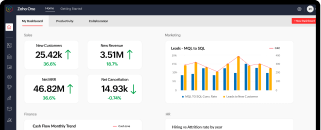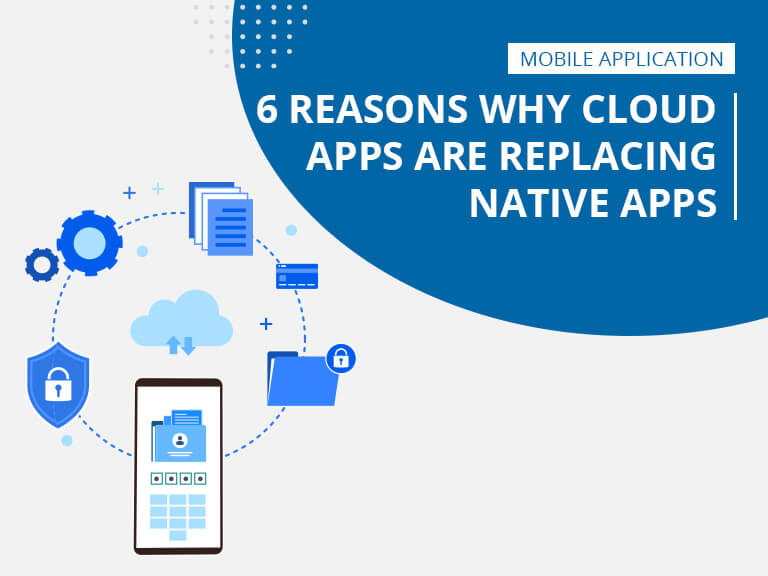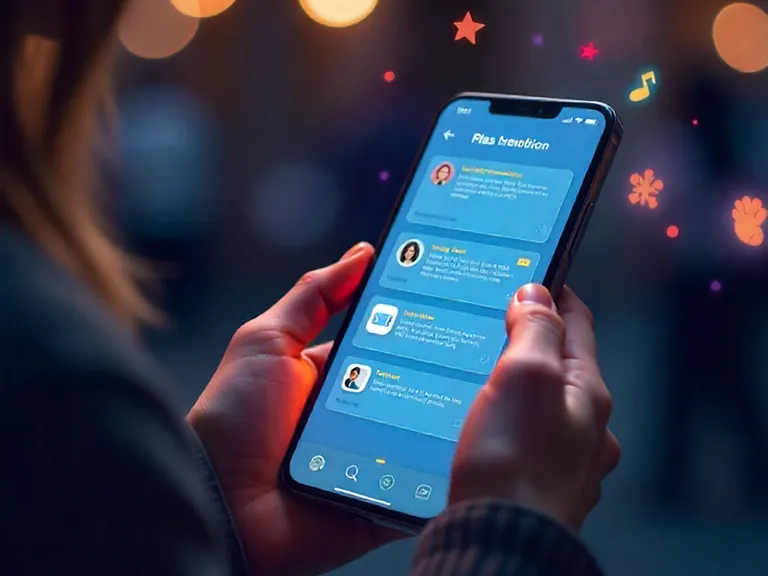Economic Eccentricity
Streamlined
The expected time to code and develop an app is subjective to the app’s functionality and requirements. If you Hire a Mobile App Developer in India and ask them to give you a timeline, they will quote at least 7 to 10 months. Now double this time to develop the app on both platforms. This means you need at least 14 to 20 months to develop an app that is compatible with both the platforms. Now you are not a unique app owner, the market is filled with developers similar to you. In such a case, you need to launch your app sooner to get an edge over your rivals. Cloud apps give you this liberty since cloud apps don’t need to be repeated and they don’t take much time to develop. This means saving in time, and more consumer gaining in exchange for the time saved.
